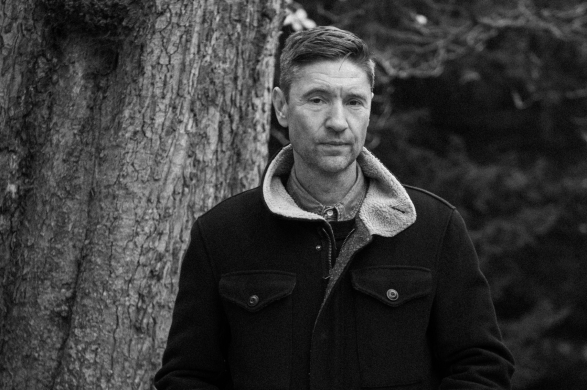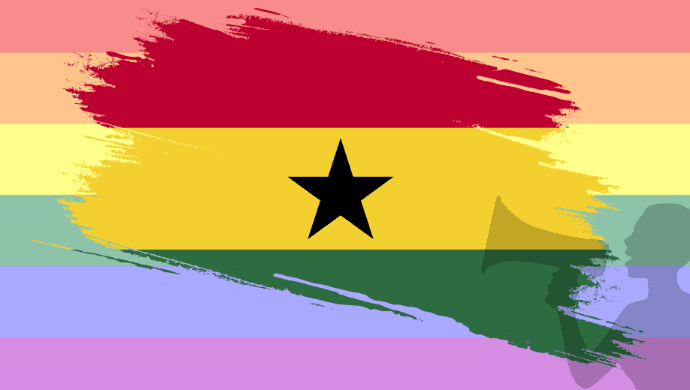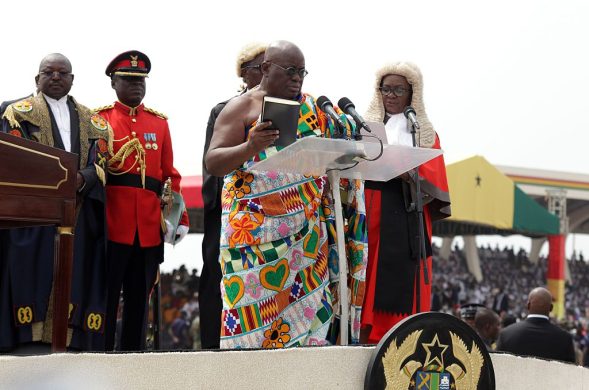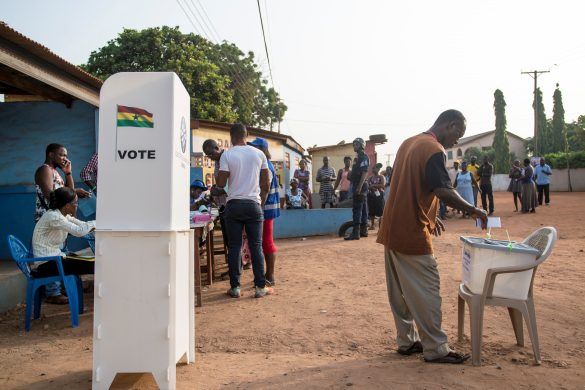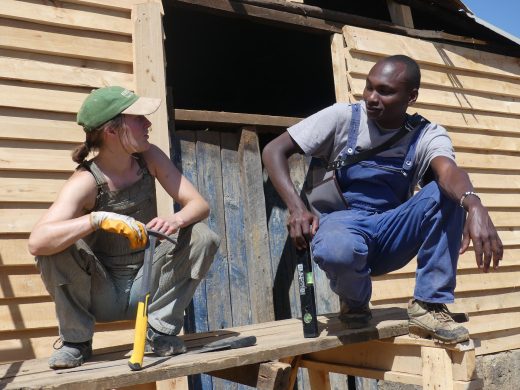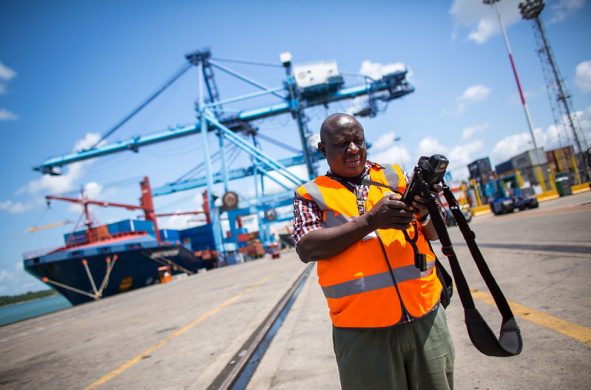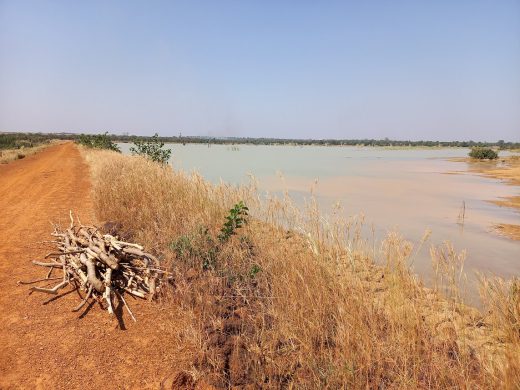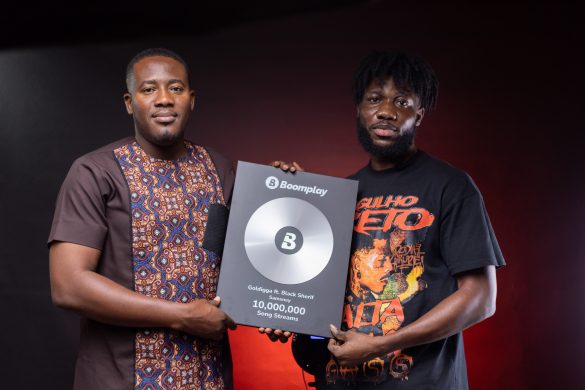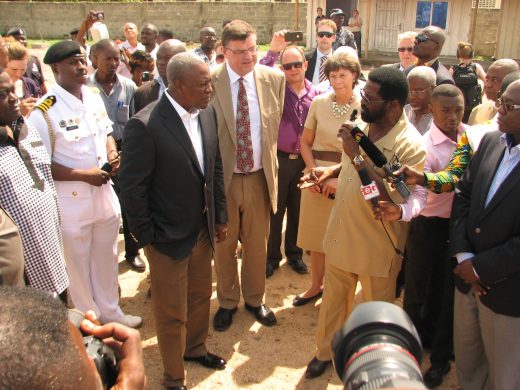Ghanas Growth, Falling Poverty Rates, Could Raise Income Status in a Decade
Ghana fetes (fejrer) 50 years of independence on March 6, but the next decade may give one of the best-performing countries in Sub-Saharan Africa more reason to celebrate.
The last five years brought higher economic growth (6,2 percent in 2006), after a steady two decades of moderate 4 percent growth. Inflation is lower (10 percent, down from 40), and so are interest rates (15 percent, down from 30), and poverty (33,4 percent of population in 2005, down from 39,5 percent in 2000, and 51,7 percent in 1990).
Those statistics, combined with strong improvements in business climate and the democratic process, civil liberties and freedom of the press, indicate Ghana may be able to halve poverty before 2015.
– This is striking progress, both on growth and poverty, says World Bank Ghana Country Director Mats Karlsson.
As Ghana prepares for its golden anniversary party, with 25 heads of state and delegates from over 60 countries in attendance, its prospects of becoming a middle-income country in the next decade are “high,” he says.
– Even though we who live and work in Ghana want to celebrate now, we of course also recognize the challenges. But objectively, Ghana scores very well compared with its peers on any grounds: governance, growth, structural reform, and poverty reduction, he explains, adding:
– But it does not score well compared to what people perceive is Ghanas potential. Looking at the past five years, we see acceleration of progress. And that acceleration is what we are building on now.
Resource rich but energy poor Ghanas biggest challenge is remedying power shortages that force frequent brownouts (strømafbrydelser). The Akosambo Dam, completed in 1964, can no longer meet the West African countrys needs, including skyrocketing demand from mineral and aluminum producing companies.
The World Bank is providing guarantees for a regional effort – the West Africa Gas Pipeline – to bring in cheaper, environmentally friendly power from Nigeria in the form of gas that would otherwise have been released into the atmosphere.
It is supporting the West-African Power Pool, which allows West African countries to access power “where it is cheapest,” and working with the Ghanian government on a major new project, the Ghana Energy Development and Access Project. This project is financed with zero-interest International Development Association (IDA) funds, to distribute power more widely in the country, says Karlsson.
Despite shortages, “already today Ghanaians have higher energy access than almost any country in Africa, but we think we can reinforce that so and make power reliable not only for light but also to run machinery and create jobs,” he says.
In a major new state-of-the-art move on March 1, practically all donors (covering 95 per cent of flows to Ghana) signed an innovative commitment, the Ghana Joint Assistance Strategy – G-JAS.
Covering a four-year program, with as much as 5,3 billion US dollar, the G-JAS partners commit themselves to back Ghanas national development strategy at the highest best-practice levels, harmonizing work and backing results with efficient resource utilization.
The country is intent to achieve shared growth, entailing (som medfører) both strong investment in competitiveness, particularly infrastructure, but also relying on decentralization, better quality education at all levels, and greater impact in child survival, nutrition, water and sanitation.
An emerging challenge is new urban poverty, even as poverty is falling country wide.
– If you sustain growth, you will also sustain poverty reduction, because it is basically a one-to-one relationship, says Karlsson.
The World Bank alone has committed US$1.3 billion to 19 zero-interest IDA-financed projects or grants. Two thirds support agriculture, rural productivity and sustainable resource use, energy infrastructure, the business environment, and transport. Another third goes to human development, including water and sanitation, HIV/AIDS, and education program.
Over the past four years, 2003-2006, the Bank has committed and disbursed 1,2 billion dollar. On top of that the Bank and other partners have agreed to debt relief which has reduced Ghanas external debt stock from 6,4 billion to 1,5 billion dollar.
For 2007 the Bank is committing to more than 400 million dollar in new finance. The World Bank Group is also seeking to combine the tools of the whole World Bank Group, including IFC and MIGA, for innovative financing solutions to expensive infrastructure investment.
– Ghana is still an economy that is commodity-dependant. But has Ghana changed? You bet it has, and therefore we are celebrating Ghanas 50th full of promise. Empowerment is making all the difference, concludes Karlsson.
Kilde: www.worldbank.org





